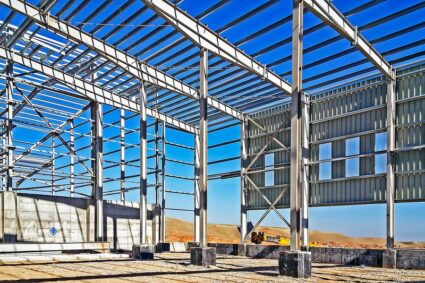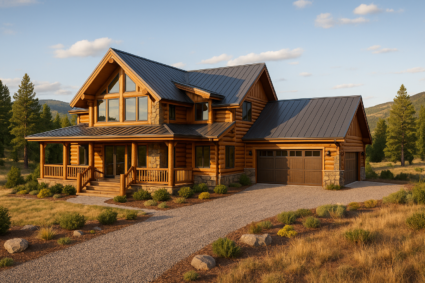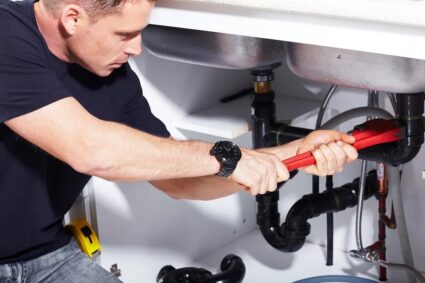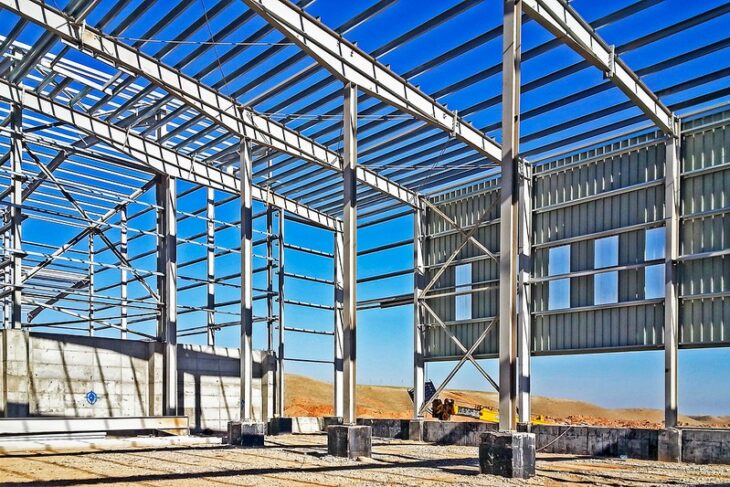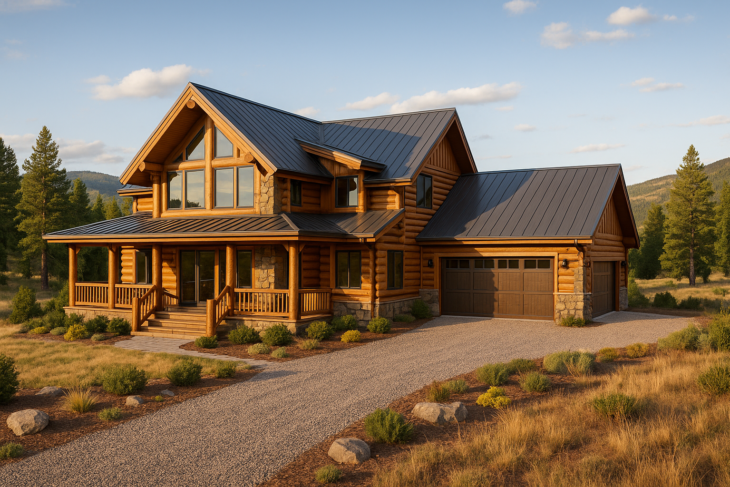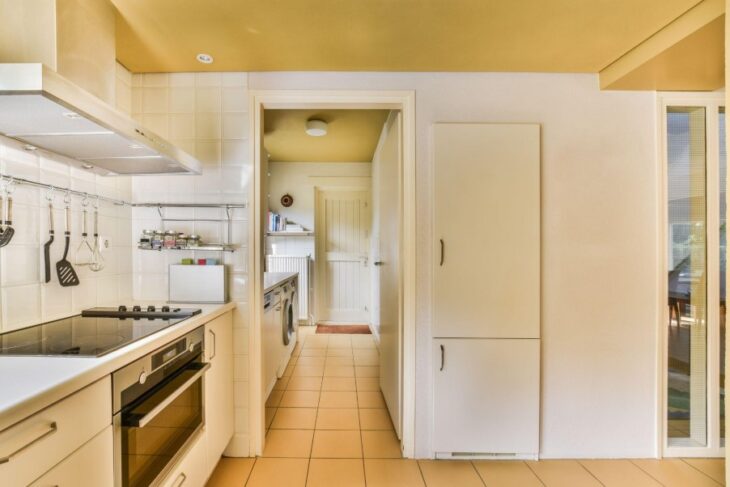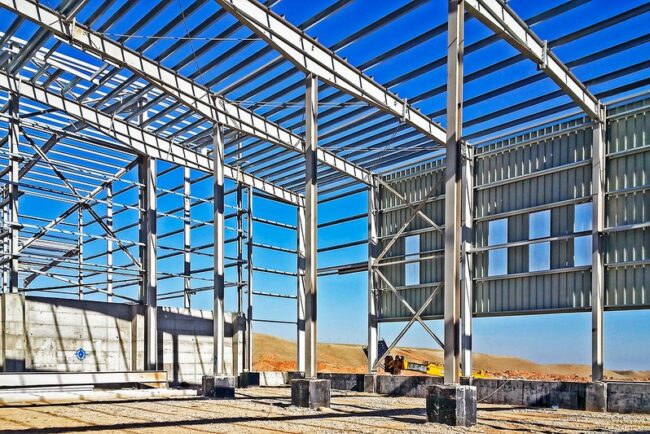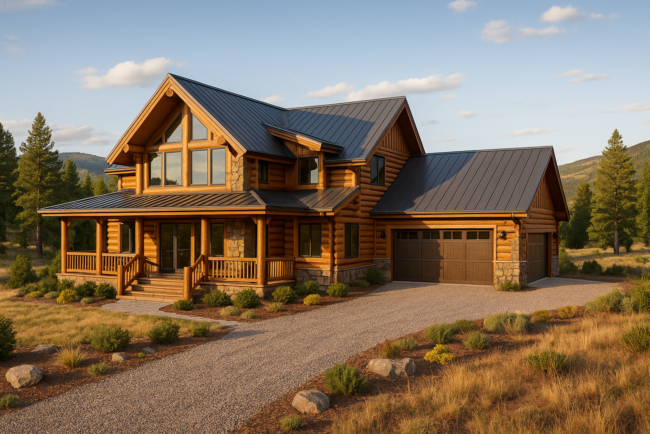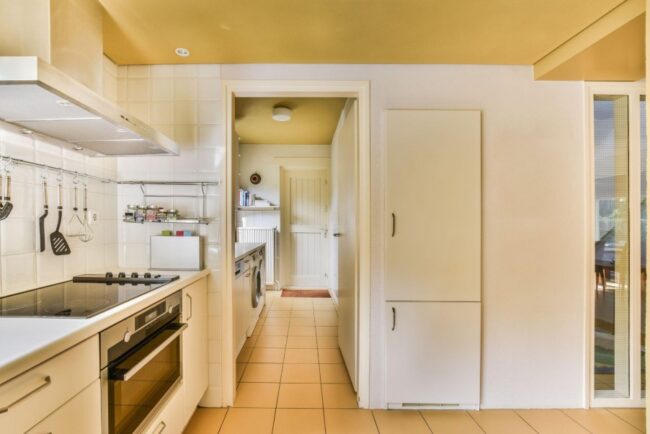
Winter is a unique season for home inspections. The colder temperatures and potential weather challenges can reveal problems that may not be as apparent in other seasons. For homebuyers, sellers, and owners, understanding what inspectors focus on during winter inspections can help prepare for any surprises and ensure the property is in good condition.
1. Heating Systems and Insulation
In winter, the efficiency of heating systems becomes a top priority. Home inspectors will:
- Test the furnace, boiler, or heat pump to ensure it’s functioning
- Check filters, vents, and ducts for blockages or maintenance
- Evaluate insulation levels in attics, basements, and crawl spaces to prevent heat loss and high energy bills.
2. Roof and Gutter Performance
Winter weather puts roofs and gutters to the test. Inspectors will look for:
- Missing, damaged, or loose shingles that could allow
- Signs of ice dams, which can cause water to back up under
- Clogged or improperly draining gutters, as they can lead to water damage or foundation
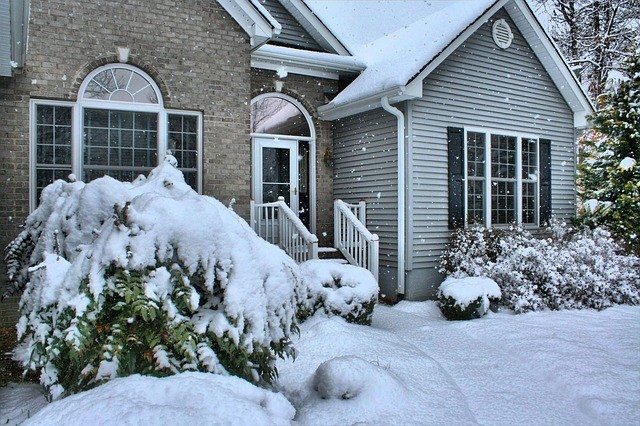
3. Frozen Pipes and Plumbing
Frozen pipes are a common winter hazard. Inspectors will examine:
- Exposed pipes in unheated areas like garages, basements, and crawl
- Proper insulation around pipes to prevent
- Signs of past plumbing issues, such as water stains or slow
4. Ventilation and Air Quality
Winter often leads to closed windows and reduced ventilation. Inspectors will check:
- Ventilation in attics to prevent moisture buildup and mold
- Indoor air quality, focusing on carbon monoxide risks from heating
- Proper operation of exhaust fans in kitchens and
5. Foundation and Exterior Issues
The freeze-thaw cycle of winter can stress a home’s foundation. Key areas of inspection include:
- Cracks in the foundation that may have widened due to temperature
- Proper drainage around the home to avoid pooling water near the
- Snow and ice buildup around doors and windows, which can affect seals and energy
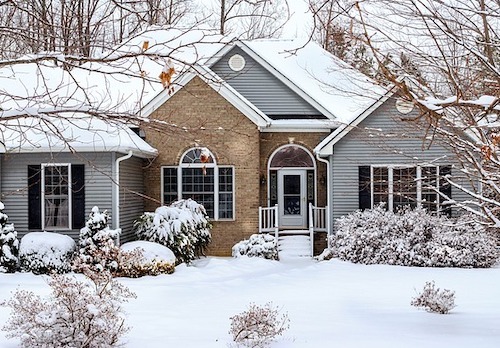
6. Windows, Doors, and Weatherstripping
Inspectors will assess how well windows and doors are keeping the cold out by checking:
- Drafts or air leaks around frames and
- The condition of weatherstripping and
- Double-pane windows for signs of condensation, which can indicate a broken
7. Chimneys and Fireplaces
For homes with a fireplace or wood-burning stove, inspectors will:
- Check the chimney for blockages, creosote buildup, or structural
- Ensure the damper works correctly and seals
- Inspect the firebox for cracks or other
Preparing for a Winter Inspection
Winter inspections require extra attention to seasonal challenges, but they also provide insights that other seasons may not. Homeowners can prepare by:
- Clearing snow and ice from walkways, driveways, and around the
- Ensuring heating systems and fireplaces are serviced before the
- Addressing any known issues with insulation or
For buyers, sellers, or anyone maintaining a home, a winter inspection can uncover crucial details about how a property handles the demands of colder weather, helping to avoid costly repairs down the road.
If you’re looking for a winter home inspection, choose a qualified inspector, like Wesley Upchurch or Upchurch Inspection, who understands the unique demands of the season. They’ll help ensure your home is safe, efficient, and ready to weather the storm.

